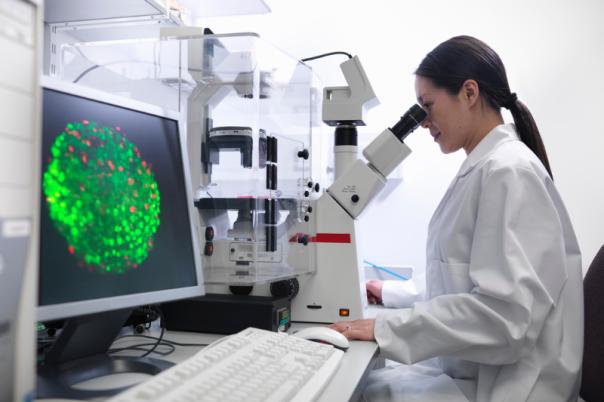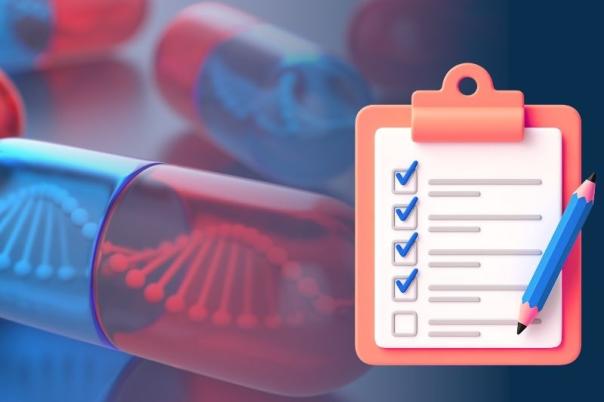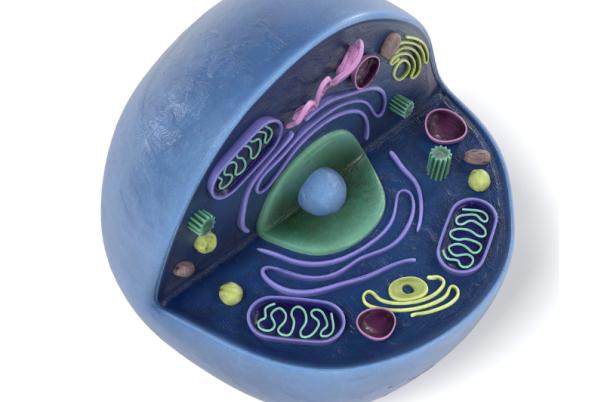Metachromatic leukodystrophy (MLD) is a rare autosomal genetic disorder which can cause harmful sulfatides to build up in the brain, leading to severe motor and cognitive impairment, and ultimately death. Thankfully, biotech Orchard Therapeutics have developed an autologous ex vivo gene therapy for the treatment of MLD, and in this presentation, Donna McLaren, CMC Product Lead at Orchard, talks us through their CMC path to commercialisation.
McLaren shared the story of Nala and her younger sister Teddi. Nala was sadly diagnosed with MLD at the age of two and a half. Unfortunately, her symptoms were too advanced to receive the treatment. However, Nala’s diagnosis led to Teddi getting tested due to her genetic risk, from which she received a positive diagnosis. Because her symptoms had not progressed, Teddi became the first child in the UK to be treated with an approved gene therapy in 2023.
Orchard’s treatment is a hematopoietic stem cell (HSC) gene therapy. It begins by harvesting cells from the blood of patients. Those cells are enriched for cell and progenitor cells via a cell surface marker, genetically modified by a lentiviral vector carrying the therapeutic gene, and infused back into the patient after a conditioning regime.
McLaren then took us through the journey of CMC and commercialization of their gene therapy, anchoring the story to the company’s core values. The first was courage: particularly the determination to always persevere. Orchard’s commercialisation programme spans a long timeline, starting in 2010 when the company infused their first clinical trial patient with their product. It wasn’t until 2024 when it was approved for a US launch. During this time, Orchard introduced process improvements and utilised two cellular sources, leading to eight process versions.
Next was collaboration and diligence, which McLaren illustrated with the complexity of Orchard’s drug product process development history. The team made process improvements, introduced a cryopreserved formulation, and performed comparability studies and method bridging studies. Their approach to comparability involves multiple
layers, starting with healthy donor split models, followed by patient data sets, and clinical data to show efficacy.
McLaren then highlighted compassion. During the COVID pandemic in 2020, the company faced challenges qualifying a hospital in Paris as their manufacturing facility is in Milan. To solve this, the CEO of the equipment company personally flew to Paris to install the thawing device himself, showcasing the dedication to making medicine available to patients in need.
Finally, ingenuity: Orchard represents ingenuity through their efforts in early diagnosis and treatment of MLD. By implementing newborn screening, they can detect MLD early and treat it, preventing the disease from progressing. This advancement is crucial as it enables early identification and treatment, which is a significant step forward in eliminating the disease.






